
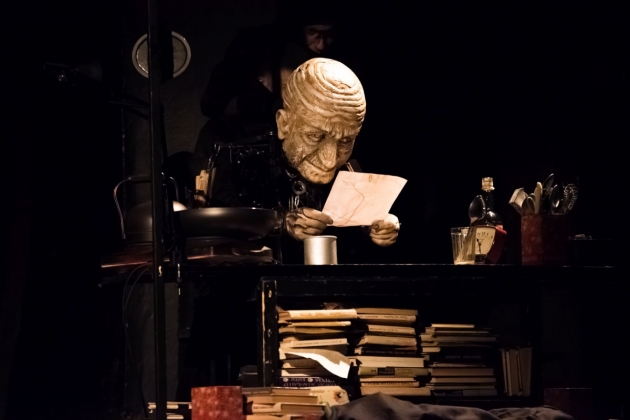
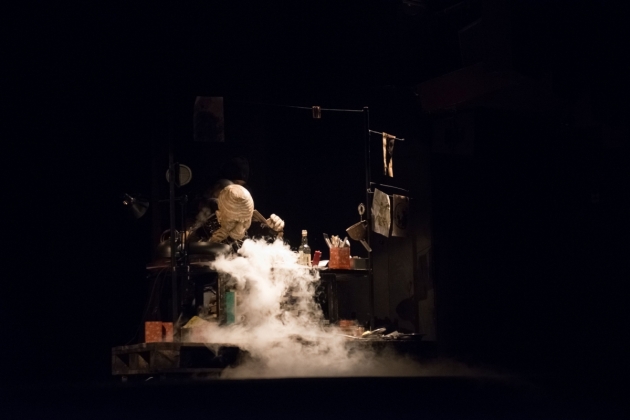
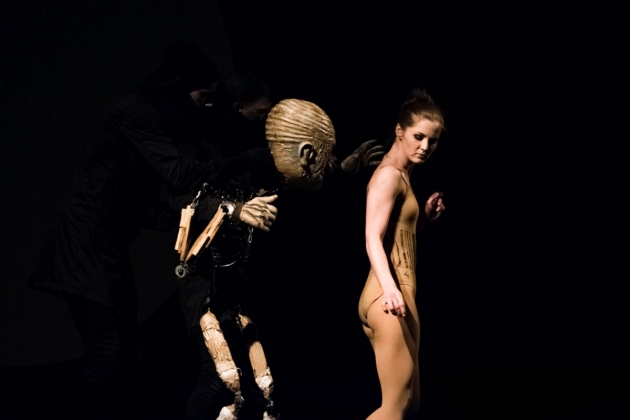
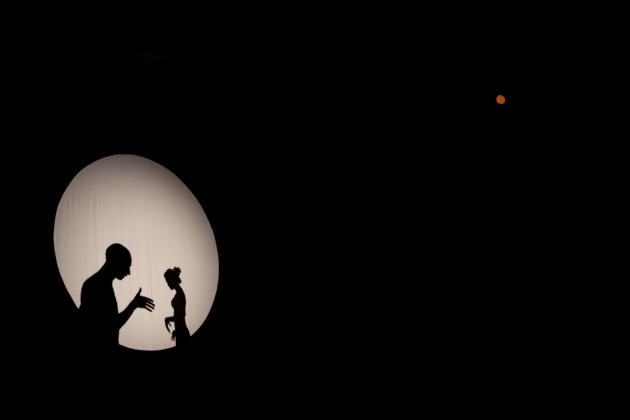
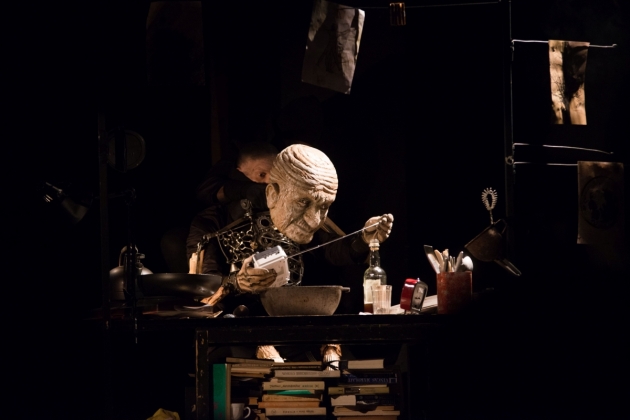
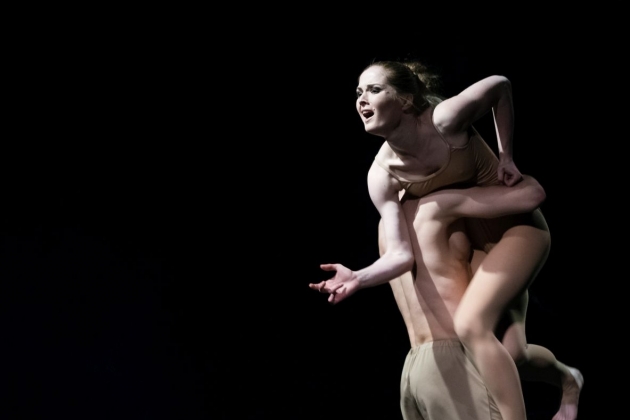
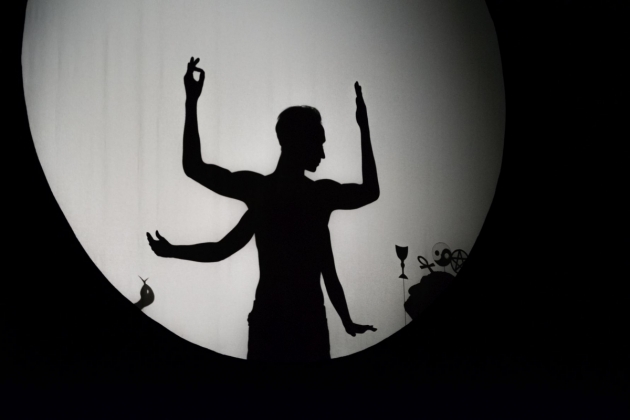
+3705 262 42 74
II - V 10 - 16 val.
VI - VII 10 - 15 val.
Evening events: 1 h before event
Vilniaus teatras „LĖLĖ“
Įm. kodas 190754264 A/s LT127300010100812522
AB SWEDBANK Banko kodas 73000
Our website uses cookies. We use these cookies for statistical and marketing purposes.
If you consent to the use of these cookies, please click “accept” and continue browsing our website.
Our request form uses Google Recaptcha which helps us distinguish you from online robots sending us spam messages.
Thus to ensure the functioning of this request form, you have to click "accept performance cookies".
You can select which cookies are to be accepted.
Find out more about our Cookies and Privacy Policy.
|
Functionality (necessary) cookies
These cookies are essential to the functioning of the website and they cannot be disabled. They do not store any personally identifiable information and are deleted once you leave the website. |
|
|
Performance Cookies
These cookies are used to measure the use of the website and traffic sources in order to gain information required to improve the functioning of the website. These cookies help us to determine which pages are the most popular and to learn about the users’ browsing habits. To this end we use the Google Analytics statistical engine. We do not disclose any information we have collected. All information gathered is completely anonymous and cannot identify you personally. |
|
|
Marketing cookies
These third-party cookies are used to display ads personalized to your needs. We use cookies that help us to collect information on your web surfing behaviour and allow us to learn about your interests so that we could display only those ads that are relevant to you. Leave this box unchecked if you do not want us to show you any advertising. |